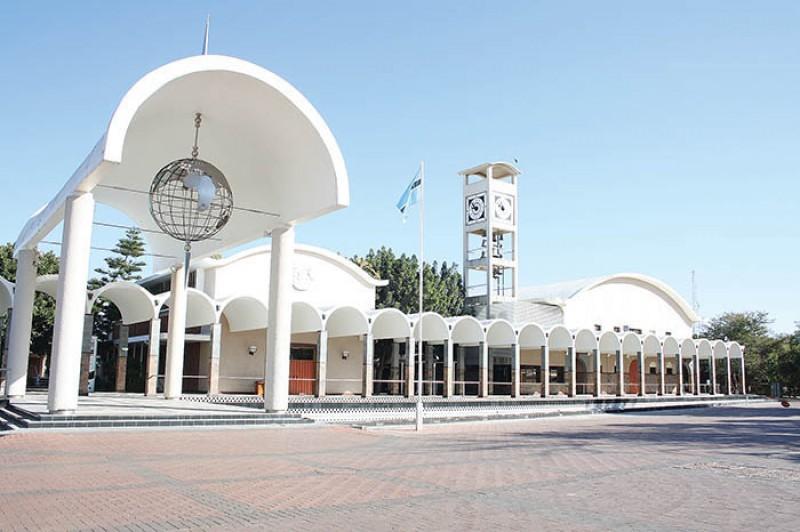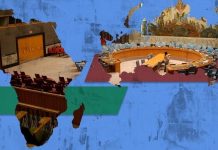Africa-Press – Botswana. The Employment and Labour Relations Bill, 2025 tabled before Parliament for second reading is expected to bring the country to conformity with Convention 87 of the International Labour Organisation on Freedom of Association and Protection of the Rights to Organise.
The convention calls for the provision for the fundamental rights of employment and international labour standards and establishment of national social dialogue and the Employment and Labour Relations Council.
The Minister of Labour and Home Affairs, Major General Pius Mokgware said when presenting the Bill on July 9.
He said the Bill, published on July 6, was also expected to provide for sound labour relations framework and orderly collective bargaining and ensure that the registration of trade unions and employers organisations in the country were in conformity with the convention.
Minister Mokgware therefore, appealed to MPs to consider the Bill as an integral part of the country’s domestic and international obligations, urging them to adopt it and ultimately pass it into law.
The primary objective of the Bill, among others, is mainly to address elimination of child and forced labour, excessive hours of work, exploitation of workers through engagement on short-term contracts, unfair dismissals, introduction of negotiated packages during retrenchment, fair bargaining conditions between employers and workers as well as introduction of paternity leave and paid sick leave.
He said the Bill repealed with re-enactments the Employment Act (Cap 47:01) and consolidated the Trade Union and Employers’ Organisations Act (Cap 48:01 and the Trade Disputes Act (Cap 48:02) with the Employment Act.
The minister further explained that the Bill sought to align international labour standards, productivity and ensure justice for all.
“This Bill also prohibits persons from requiring or permitting children to perform hazardous work, employment underground, and to work at night and also protects the fundamental rights of workers by prohibiting forced labour and as a deterrent measure,” he added.
In conformity with the provisions of the Botswana Constitution, Maj. Gen. Mokgware said the Bill also imposed penalties on persons who forced workers to perform work as the Constitution prohibits slavery and forced labour.
Additionally, the minister said the Bill also sought to protect the fundamental rights of workers by providing for measures to promote equality at workplaces, prevent any form of discrimination, violence and harassment in the workplace in line with Convention 190, which they were working toward.
The Bill, he said, also protected the fundamental rights of workers and also protected workers from discrimination based on the access of workers’ rights to freedom of association.
“In this regard, trade unions have, in accordance with the provisions of the Bill, six months within which to organise. So, trade unions and registered trade unions can be allowed to continue on working or recruiting,” he added.
Furthermore, once adopted, he said the Bill would empower the Employment and Labour Relations Council to facilitate the establishment of a Joint Industrial Council to negotiate binding minimum terms and conditions applicable to in the sector.
The council, he said would also serve as an overarching national dialogue structure responsible for, amongst others, determination of minimum wages and determination of essential services as and when it was required.
“Now we are going to have a body dedicated to determine which jobs are essential services,” he added.
Source: dailynews
For More News And Analysis About Botswana Follow Africa-Press






